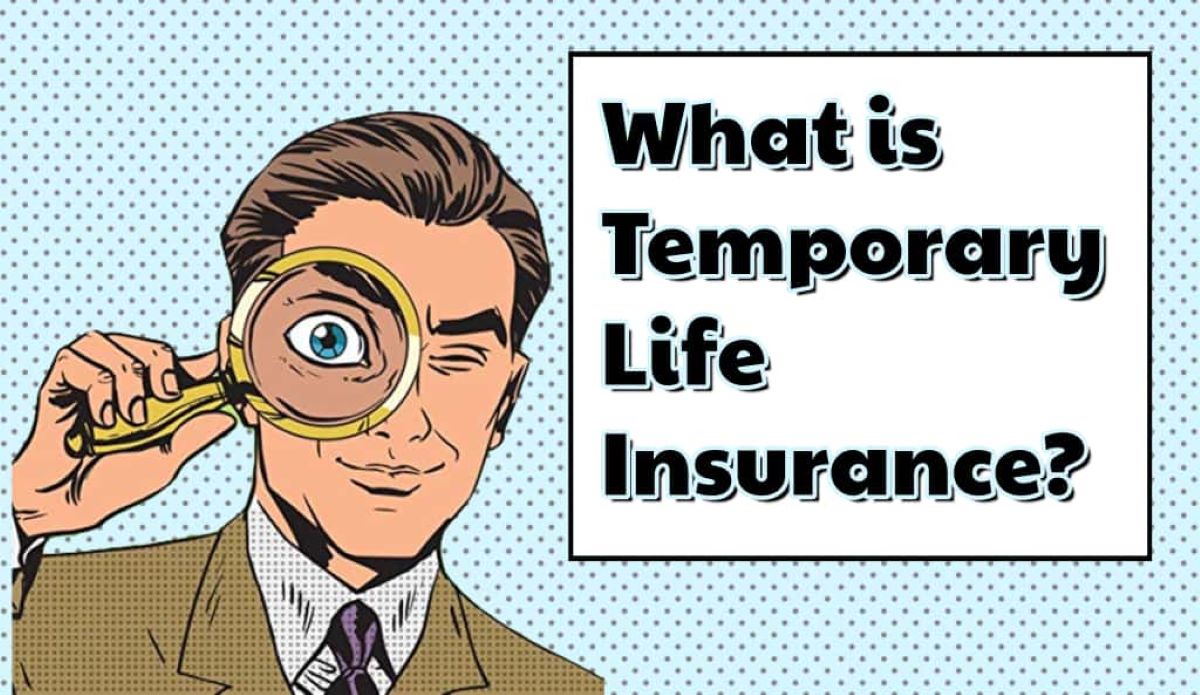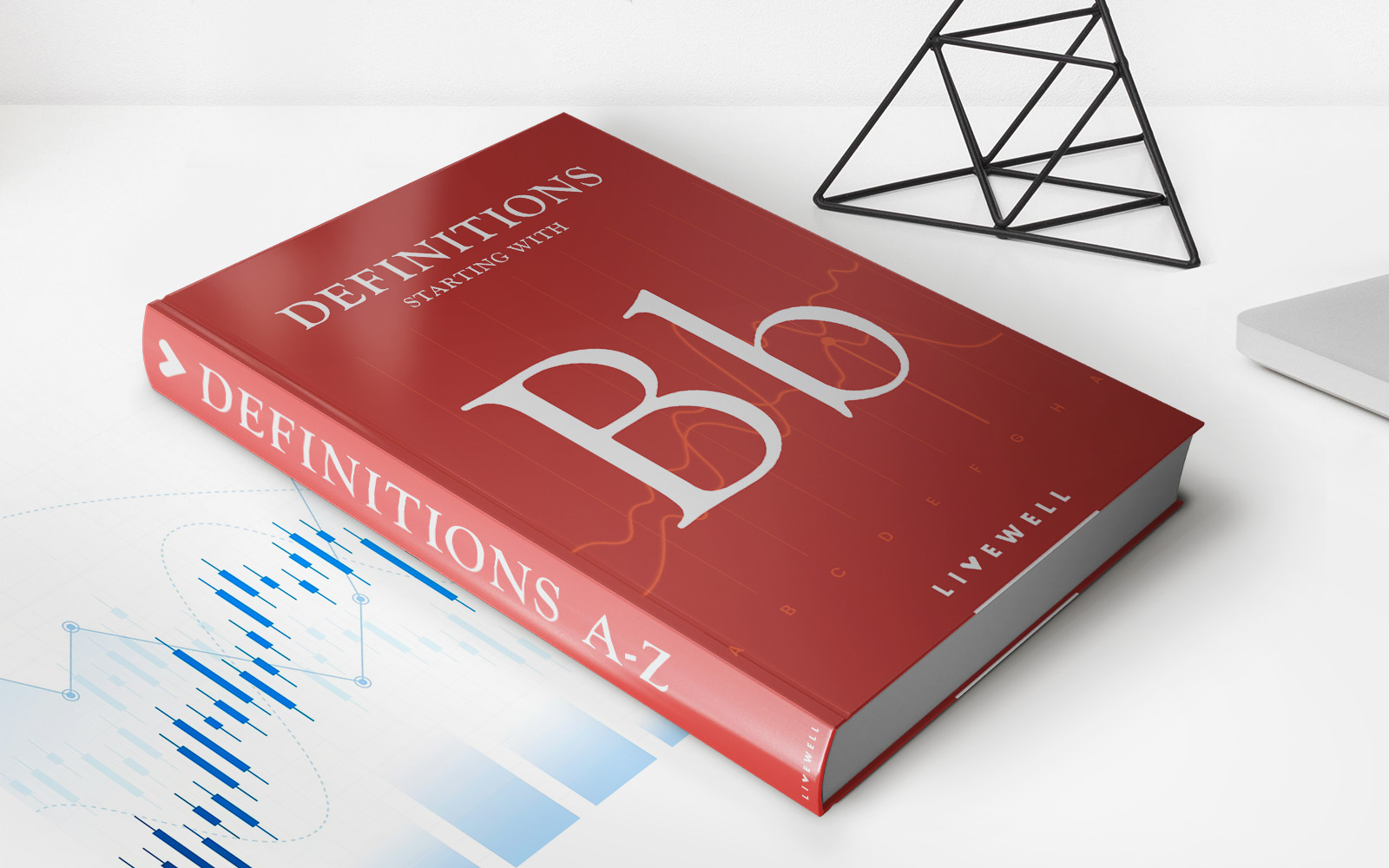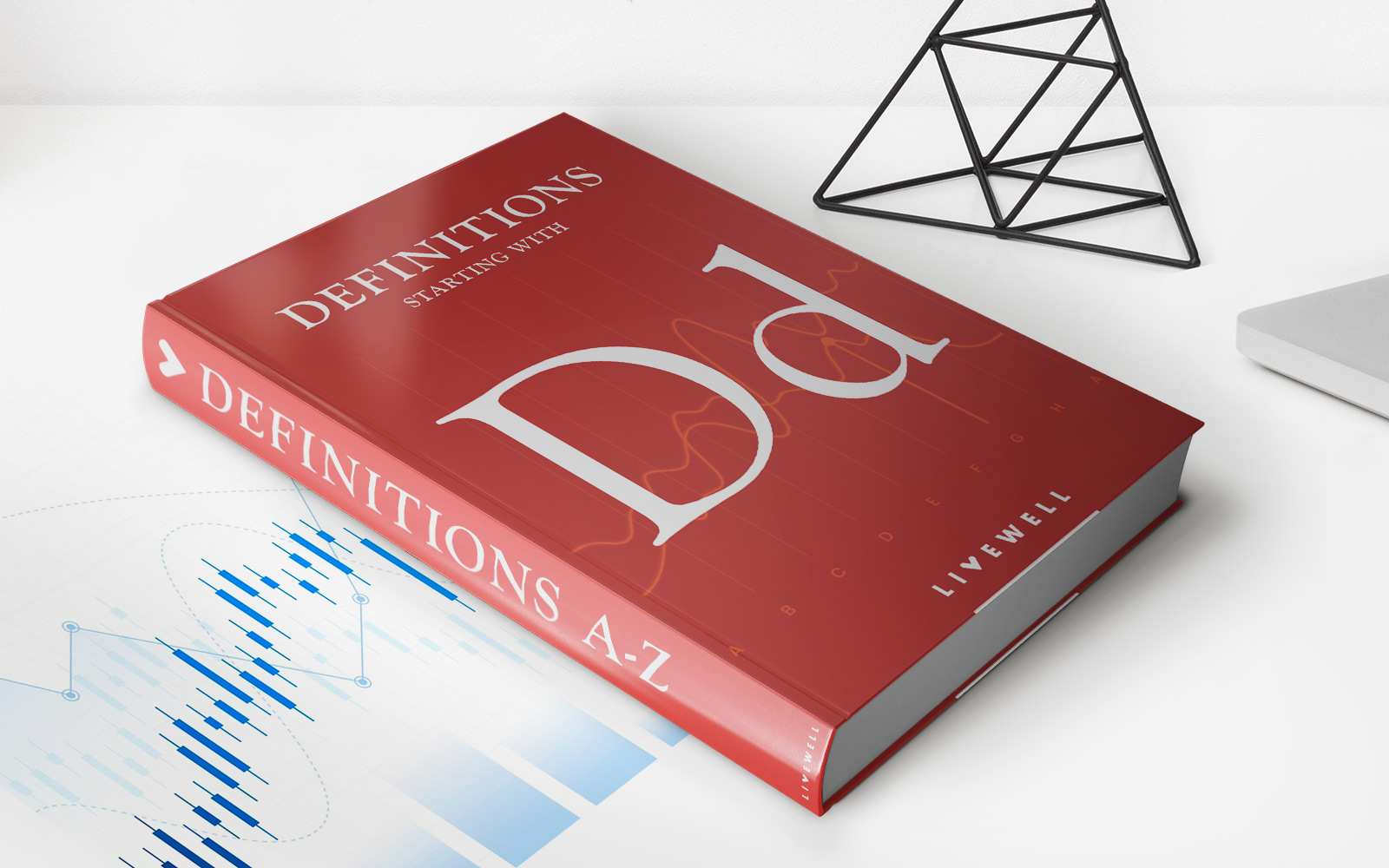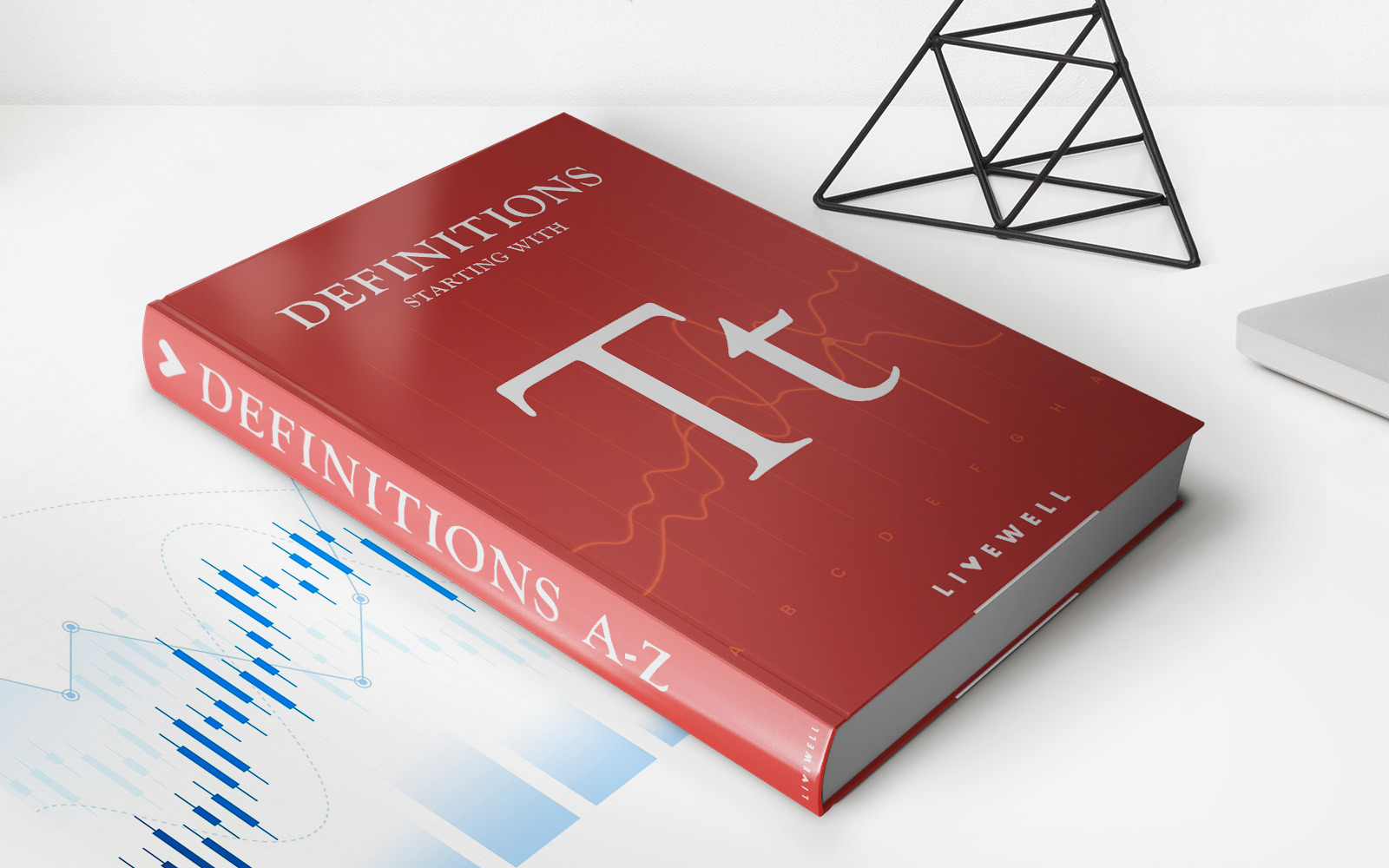

Finance
What Is Temporary Life Insurance?
Published: October 14, 2023
Temporary life insurance is a short-term coverage option that provides financial protection for a specific period, offering peace of mind for those concerned about unexpected expenses. Learn more about this finance solution today!
(Many of the links in this article redirect to a specific reviewed product. Your purchase of these products through affiliate links helps to generate commission for LiveWell, at no extra cost. Learn more)
Table of Contents
Introduction:
Life insurance is a crucial financial tool that provides peace of mind and financial security to individuals and their families. It ensures that your loved ones are protected financially in the event of your untimely demise. There are different types of life insurance products available in the market, each designed to cater to specific needs and goals.
One such type of life insurance is temporary life insurance, also known as term life insurance. As the name suggests, temporary life insurance provides coverage for a specific period of time, typically ranging from 5 to 30 years. Unlike permanent life insurance, temporary life insurance does not provide coverage for the entire lifetime of the insured.
This article aims to provide a comprehensive overview of temporary life insurance, including its definition, how it works, its benefits, drawbacks, and factors to consider when determining if it’s the right insurance option for you. By understanding the ins and outs of temporary life insurance, you can make an informed decision and choose the best life insurance policy that aligns with your financial goals and needs.
Definition of Temporary Life Insurance:
Temporary life insurance, also known as term life insurance, is a type of life insurance policy that provides coverage for a specified period of time. It is designed to offer protection to the insured and their beneficiaries in case of death during the policy term. Unlike permanent life insurance policies, which provide coverage for the insured’s lifetime, temporary life insurance has a set term, usually ranging from 5 to 30 years.
During the policy term, if the insured passes away, the insurance company will pay out a death benefit to the designated beneficiaries. This death benefit can help the beneficiaries cover various financial obligations, such as paying off debts, covering living expenses, funding education, or even providing an inheritance.
Temporary life insurance is often chosen by individuals who have specific financial obligations for a limited period of time. For example, young parents may opt for temporary life insurance to ensure their children’s financial security until they become financially independent. Business owners may also consider temporary life insurance to protect their business interests and provide compensation to their partners or family members in case of their unexpected death.
Unlike permanent life insurance policies, temporary life insurance does not accumulate cash value over time. It is purely a protection-based policy, focused on providing financial security during a specific period. Once the policy term expires, the coverage ends, and the policyholder will no longer have any insurance protection unless they choose to renew the policy or convert it into a permanent life insurance policy.
It’s important to note that temporary life insurance premiums are generally lower compared to permanent life insurance premiums. This is because the coverage is only for a limited period, and the insurer assumes a lower risk of paying out the death benefit during the policy term. However, premiums for temporary life insurance policies may increase upon renewal, especially if the insured’s age or health has changed significantly.
How Does Temporary Life Insurance Work?
Temporary life insurance operates on a straightforward principle. The policyholder pays regular premiums to the insurance company for a specified term, usually ranging from 5 to 30 years. If the insured passes away during the policy term, the insurance company pays out a death benefit to the designated beneficiaries.
Let’s take a closer look at how temporary life insurance works:
- Choosing the coverage amount and term: When applying for temporary life insurance, you will need to determine the coverage amount, also known as the death benefit, which is the amount of money that will be paid out to your beneficiaries upon your death. You will also need to select the policy term, indicating the length of time you want the coverage to remain active.
- Paying premiums: Once you have chosen the coverage amount and term, you will need to pay regular premiums to the insurance company. The premium amount is based on various factors, including your age, health, occupation, and lifestyle. Premiums can be paid monthly, quarterly, semi-annually, or annually, depending on your preference.
- Policy term and coverage: During the duration of the policy term, typically ranging from 5 to 30 years, your beneficiaries will be eligible to receive the death benefit if you pass away. It’s essential to keep your policy active by paying the premiums on time to ensure continuous coverage.
- Expiration and renewal: Once the policy term ends, the coverage will expire, and the insurance company will no longer provide protection. At this point, you have a few options. You can choose to renew the policy for another term, typically at a higher premium rate due to age advancement. Some insurance companies may offer the option to convert the temporary life insurance policy into a permanent life insurance policy without the need for a medical exam.
- No death benefit if outliving the policy: If you outlive the policy term, meaning you pass away after the coverage has expired, the insurance company will not pay any death benefit. Temporary life insurance is solely designed to provide a death benefit if the insured dies during the policy term.
It’s important to note that temporary life insurance policies typically do not offer any cash value or accrue any savings component. The premium payments go entirely towards the cost of insurance coverage, resulting in lower premiums compared to permanent life insurance policies.
It is crucial to review your policy contract thoroughly and understand all the terms and conditions before purchasing temporary life insurance. Assess your coverage needs and consult with a financial advisor or insurance professional to ensure you choose the right policy term and coverage amount to meet your specific requirements.
Benefits of Temporary Life Insurance:
Temporary life insurance, also known as term life insurance, offers several key benefits that make it an appealing option for many individuals. Here are some of the advantages of temporary life insurance:
- Affordability: Temporary life insurance policies typically have lower premiums compared to permanent life insurance policies. This makes it more affordable for individuals who need coverage for a specific period and may have a limited budget.
- Customizable Coverage: With temporary life insurance, you can choose the coverage amount and policy term that align with your specific needs and financial goals. This allows you to customize the policy to meet your insurance requirements.
- Flexibility: Temporary life insurance provides flexibility in terms of policy term. You can select a term that corresponds with your financial obligations, such as paying off a mortgage, funding children’s education, or covering a business loan.
- Financial Protection for Loved Ones: By having temporary life insurance, you can ensure that your loved ones are financially protected in the event of your untimely death. The death benefit can help cover expenses such as funeral costs, outstanding debts, and ongoing living expenses.
- Supplemental Coverage: Temporary life insurance can be used as supplemental coverage in addition to any existing life insurance policies you may have. It can provide an extra layer of protection during times when you may have increased financial responsibilities or dependents.
- Potential Convertibility: Some temporary life insurance policies offer a conversion option, allowing you to convert the policy into a permanent life insurance policy without the need for a medical exam. This can be advantageous if your circumstances change, and you require lifelong coverage.
It’s important to assess your specific financial needs and circumstances when considering temporary life insurance. The benefits mentioned above can vary depending on individual requirements and the terms of the policy. Consulting with a qualified insurance professional can provide further guidance in selecting the right temporary life insurance policy.
Drawbacks of Temporary Life Insurance:
While temporary life insurance offers several benefits, it’s important to consider the potential drawbacks before making a decision. Here are some of the drawbacks of temporary life insurance:
- No Cash Value: Temporary life insurance policies do not accumulate cash value over time. Unlike permanent life insurance policies, which have a savings component, temporary life insurance focuses solely on providing a death benefit. This means that if you outlive the policy term, you will not receive any return on the premiums paid.
- Expiration of Coverage: Temporary life insurance has a set term, usually ranging from 5 to 30 years. Once the policy term ends, the coverage expires, and you will no longer have insurance protection. If you wish to continue having coverage, you will need to renew the policy or obtain a new policy, which may result in higher premiums due to age advancement.
- Premium Increases: When renewing a temporary life insurance policy, the premiums are likely to increase due to factors such as age and potential changes in health. This can make the policy less affordable or may require you to reassess your coverage needs based on your current financial situation.
- Limited Coverage Options: Temporary life insurance offers coverage for a specific term, and if you have long-term insurance needs, such as estate planning or providing for dependents beyond a certain age, a permanent life insurance policy may be more appropriate. Temporary life insurance may not provide the comprehensive coverage required for prolonged financial security.
- No Equity or Voting Rights: Unlike some other types of life insurance policies, temporary life insurance does not offer equity or voting rights. It is solely a financial tool designed to provide a death benefit to beneficiaries in the event of the insured’s death.
Understanding the drawbacks of temporary life insurance is essential when considering your overall financial planning and insurance needs. It’s crucial to evaluate your circumstances, financial goals, and budget before deciding on the type of life insurance policy that best suits your needs. Consulting with a knowledgeable insurance professional can provide valuable insights and guidance in making an informed choice.
Is Temporary Life Insurance Right for You?
Deciding whether temporary life insurance is the right choice for you depends on your specific needs, goals, and financial circumstances. Here are some factors to consider when determining if temporary life insurance is a suitable option:
- Specific Time-Limited Financial Obligations: If you have certain financial commitments that will only last for a specific period, such as paying off a mortgage, sending children to college, or ensuring business continuity, temporary life insurance can provide coverage during that time, offering financial protection to your loved ones.
- Budget Constraints: Temporary life insurance generally has lower premiums compared to permanent life insurance. If you have a limited budget but still want to ensure financial security for your beneficiaries, temporary life insurance can be a cost-effective solution.
- Supplementing Existing Coverage: If you already have a permanent life insurance policy but need additional coverage for a specific period, temporary life insurance can serve as supplemental coverage, providing an extra layer of protection during times of increased financial responsibilities.
- Changing Insurance Needs: If your insurance needs are expected to change in the future, such as when you anticipate a decrease in financial obligations or a shift in financial priorities, temporary life insurance can provide coverage during the period when you require it the most.
- Flexibility and Convertibility: Some temporary life insurance policies offer flexibility in terms of policy term and the option to convert to a permanent policy without the need for a medical exam. If having the choice to adjust your coverage or convert to a permanent policy aligns with your long-term financial planning, temporary life insurance may be a suitable option.
It’s important to carefully assess your individual circumstances, financial goals, and expectations when determining if temporary life insurance is right for you. Consider consulting with a qualified insurance professional who can guide you through the options and help you make an informed decision based on your specific needs.
Conclusion:
Temporary life insurance, also known as term life insurance, is a valuable financial tool that provides coverage for a specific period. It offers affordable premiums, customizable coverage options, and flexibility to meet your individual needs and financial goals. While temporary life insurance does not accumulate cash value and the coverage expires at the end of the policy term, it can still provide essential financial protection to your loved ones during times of increased responsibilities.
When considering temporary life insurance, it’s important to assess your specific financial obligations, budget constraints, and long-term insurance needs. Evaluate whether the coverage duration aligns with your goals and whether you may require additional or permanent coverage in the future.
Remember to review your policy contract carefully, understand the terms and conditions, and seek guidance from a qualified insurance professional. They can assist you in selecting the right temporary life insurance policy that suits your needs and provide insights on potential conversion options or supplemental coverage.
Ultimately, the decision to opt for temporary life insurance depends on your unique circumstances. By carefully evaluating your financial objectives and seeking professional advice, you can make an informed choice to protect your loved ones and provide financial security during specific periods of your life.














